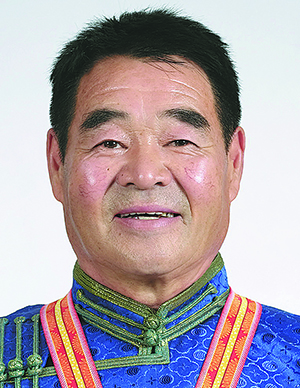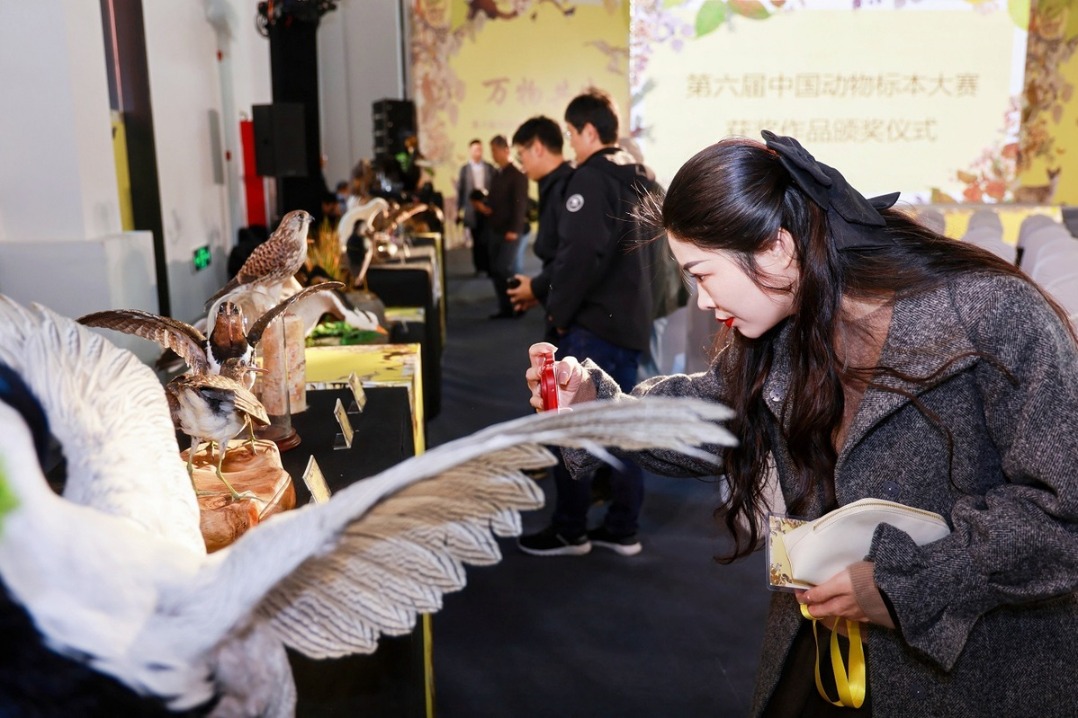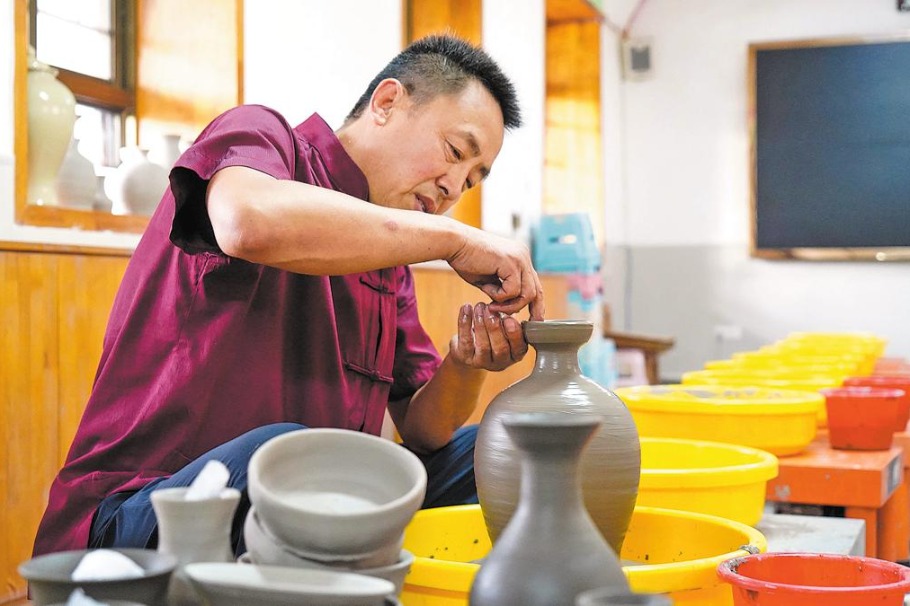Delegate devoted to helping people


Ting Baatar has many labels, including city boy, herdsman, son of a general, a member of the Mongolia ethnic group who is unable to speak the Mongolian language well, a son of the prairie and the former Party chief of an isolated village.
He is a delegate to the upcoming 20th National Congress of the Communist Party of China.
Every label tells part of his story. He has spent over 40 years on the grassland of the Inner Mongolia autonomous region and helped local people shake off poverty and have a better life.
The 67-year-old has been elected as a delegate to the 20th National Congress of the Communist Party of China, which is scheduled to begin on Oct 16.
Ting was born in 1955 to a military family in Hohhot, capital of the Inner Mongolia autonomous region. His father, Ting Mao, was a general.
In 1974, at the age of 19, Ting Baatar, like millions of youth in China, was sent to the isolated village of Saruultuya Gastaa in Inner Mongolia's Xiliin Gol League for reeducation.
During the "cultural revolution" (1966-76), millions of young Chinese people, mostly middle or high school students from cities, as "educated youths", were sent to rural areas to "learn from farmers".
When he first arrived at Saruultuya Gastaa, the region's poverty shocked him. Many herders had never seen a motorcycle. Without electricity, people used oil lamps, which were luxuries, at night.
As a city boy, he did not know how to milk a cow, prepare feed, make dairy products or even speak the Mongolian language well.
But he managed to integrate into local life. The longer he stayed, the stronger the prairie and herder's life attracted him.
After the "cultural revolution", most "educated youths" returned to cities, but Ting Baatar chose to stay.
"I wanted to use my wisdom and strength to make a good life for local people," Ting said.
His decision was supported by his father.
In the end, Ting Baatar became the only "educated youth" in the group who stayed in the village when the "cultural revolution" ended.
He married a local woman and raised a family on the prairie.
In 1986, with the increasing number of livestock, a vast area of grassland suffered from degradation. Ting persuaded local villagers to reduce the number of livestock to protect the grassland for sustainable development, but many did not understand at that time.
To set an example for herders, he sold 60 of his family's sheep and set aside 20 hectares of pasture for alternate restoration and herding.
Ting's method gained significant economic benefits. Local villagers followed this practice and earned money as well as grassland protection.
In 1993, he was elected Party chief of the village.
Witnessing the grasslands being overgrazed and overcultivated, he suggested raising beef cattle instead of sheep to protect the environment and also increase herders' incomes.
Raising sheep used to be the lifeblood of tens of thousands of herdsmen in Saruultuya Gastaa, in Inner Mongolia's Xiliin Gol League, but the animals took a tremendous toll on the environment.
His theory was again proved correct and efficient.
Between 1974 and 2015, when Ting retired, the village's annual per capita income had grown from 40 yuan to 18,000 yuan ($2,785), well above the poverty line.
Ting's work has been recognized by the people, the country and the Party.
He was highly respected in the region and has been regarded as a local hero and a son of the prairie.
He also received the Party's highest honor last year — the July 1 Medal — in recognition of his outstanding contributions to the country and the Party's cause to serve the people.
Ting Baatar has made efforts for over 40 years to keep his promise to make the grassland a better place and help local people have a better life. He made the promise and delivered on it.
Li Lei contributed to this story.
Contact the writers at luowangshu@chinadaily.com.cn





































